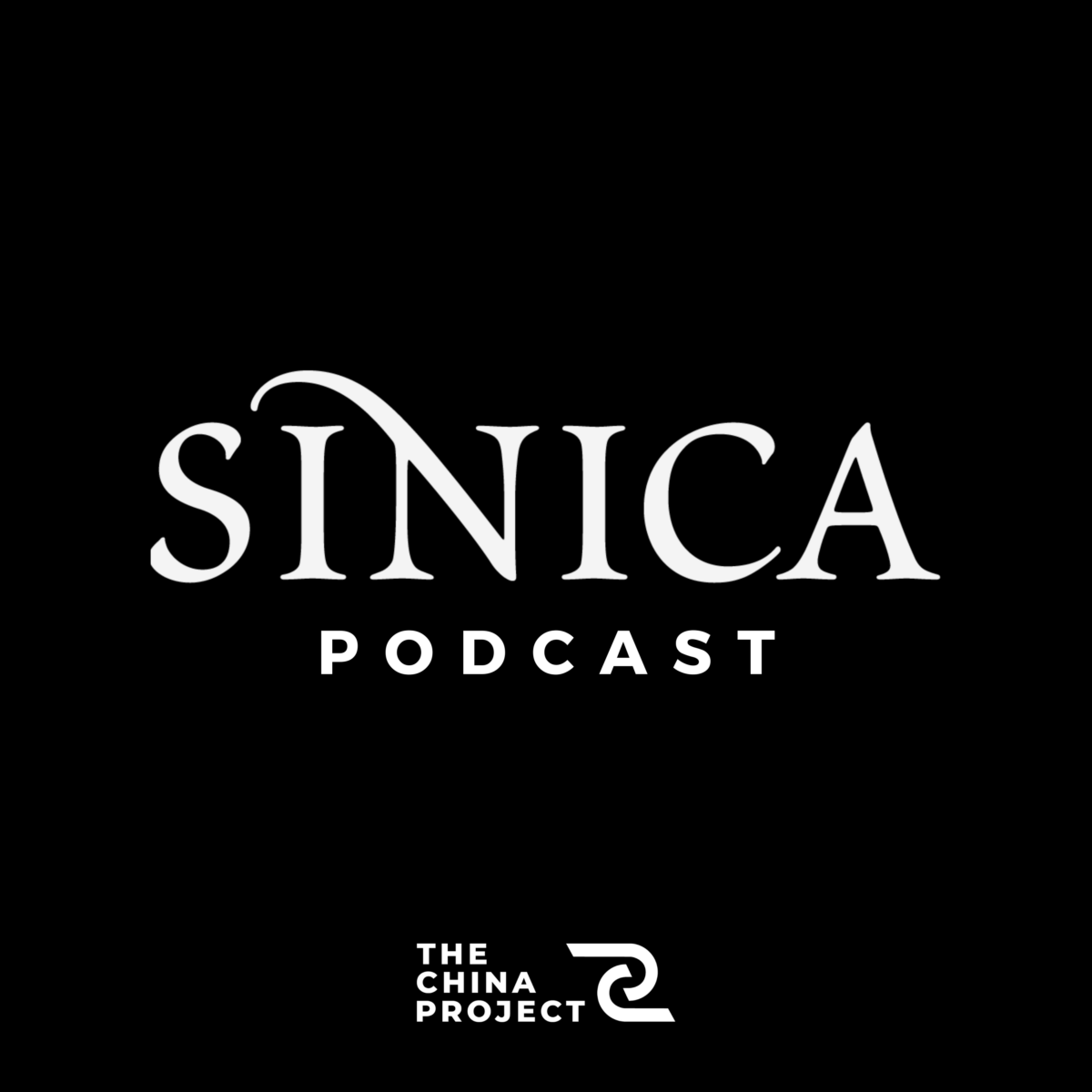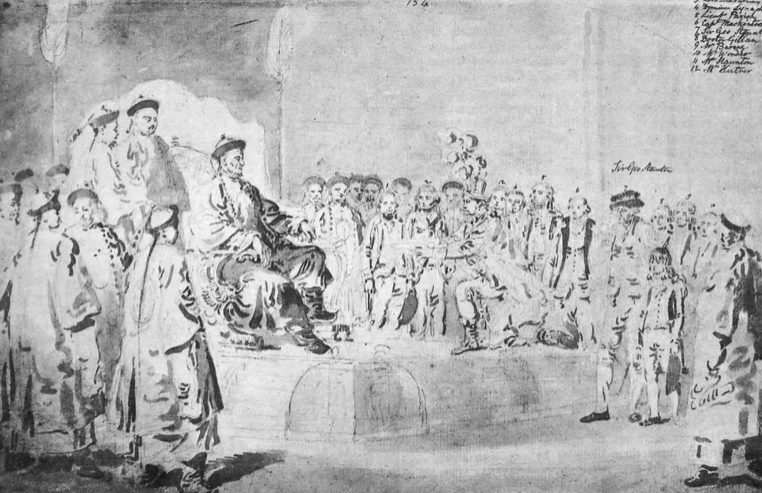This week on Sinica, Kaiser chats with the Columbia historian Adam Tooze, who returns to the program a year after his first appearance. A prolific writer and wide-ranging public intellectual, Adam was trained as a Germanist and has focused, in his writings, largely on economic history. His books include The Wages of Destruction: The Making and Breaking of the Nazi Economy, The Deluge: The Great War, America and the Remaking of the Global Order, 1916–1931, and Crashed: How a Decade of Financial Crisis Changed the World. In July, Adam published an ambitious essay titled “Why there is no solution to our age of crisis without China” in The New Statesman, in which he lays out a brief history of China from the crisis of the Qing Empire in the 19th century through China’s “Century of Humiliation” up to the project of national rejuvenation, which has been the focus of Xí Jìnpíng’s 习近平 time in office. Adam talks about why he feels it’s important to occasionally venture outside one’s own field of specialization, as he did in writing on China as a non-specialist; the folly of two oft-cited historical analogies, comparing China with both Wilhelmine and Hitlerian Germany; the importance of comparative history in making sense of contemporary international relations; and America’s difficulty, when it comes to China, in accepting pluralism from anything but a position of dominance.
16:02: What we get wrong about the Thucydides Trap and other historical analogies
21:17: Why the modern P.R.C. is not a mature fascist state
28:58: The iterative nature of China’s economic modernization
46:59: China as a civilization vs. China as a nation state
A transcript of this episode is available on TheChinaProject.com.
Recommendations:
Adam: Stalingrad, by Vasily Grossman.
Kaiser: The Spanish-language television series The Legend of El Cid.








